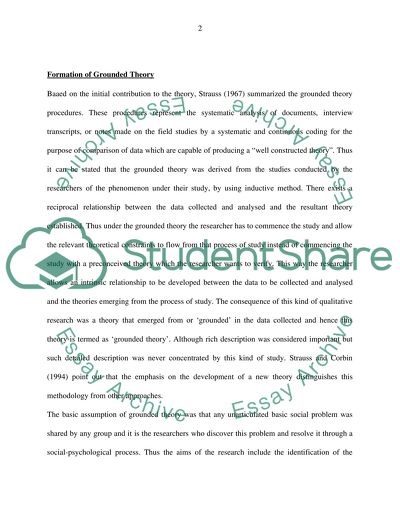Cite this document
(“Contribution of Grounded Theory and its Implications Essay”, n.d.)
Contribution of Grounded Theory and its Implications Essay. Retrieved from https://studentshare.org/sociology/1543597-contribution-of-grounded-theory-and-its-implications
Contribution of Grounded Theory and its Implications Essay. Retrieved from https://studentshare.org/sociology/1543597-contribution-of-grounded-theory-and-its-implications
(Contribution of Grounded Theory and Its Implications Essay)
Contribution of Grounded Theory and Its Implications Essay. https://studentshare.org/sociology/1543597-contribution-of-grounded-theory-and-its-implications.
Contribution of Grounded Theory and Its Implications Essay. https://studentshare.org/sociology/1543597-contribution-of-grounded-theory-and-its-implications.
“Contribution of Grounded Theory and Its Implications Essay”, n.d. https://studentshare.org/sociology/1543597-contribution-of-grounded-theory-and-its-implications.


